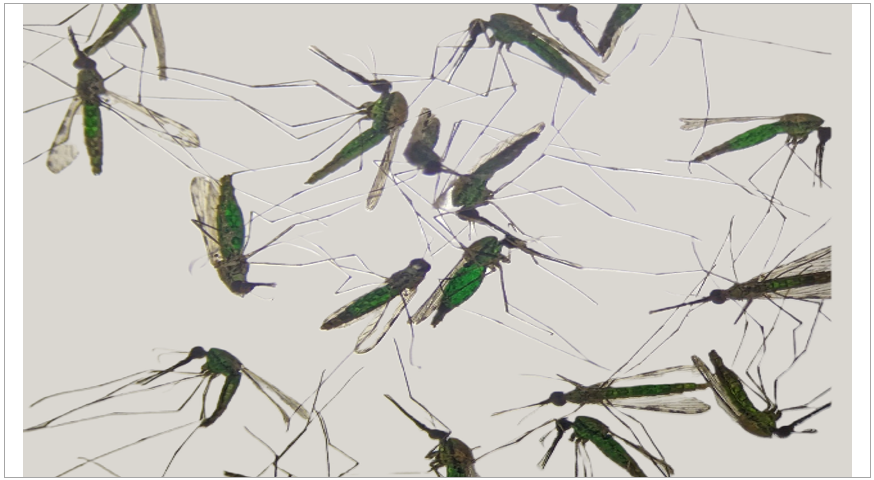
NEW PROJECT: Revolutionary mosquito control strategy harnesses the power of molasses

Ifakara Health Institute is leading a new project titled “The effective utilization of molasses in the control of mosquito density” or simply the “Molasses Project”, at the Bulyanhulu Gold Mine. The field study is being conducted at the mining camp and six nearby villages in the Kahama district, Shinyanga region.
Led by Principal Investigator Letus Muyaga and Co-Principal Investigator Dr. Emmanuel Kaindoa, the project aims to explore how molasses, usually used for dust control, can be repurposed to control malaria-carrying mosquitoes.
Project goals
During the kick-off meeting on Thursday, September 19, the project PI, Letus Muyaga, outlined the primary objective of the Molasses Project which includes, studying mosquito populations and checking for malaria infection rates in areas applied with molasses compared to areas where molasses is not applied.
Additionally, Letus and his team will also seek to identify the best concentration of boric acid in molasses to kill mosquitoes effectively, specifically targeting species like Anopheles gambiae, Anopheles funestus, and Anopheles coustani. Additionally, the project will test how attractive the molasses-based bait is to mosquitoes and explore its potential to improve mosquito zappers by deploying carbon dioxide delivered from molasses mixed with yeast through a fermentation process.
Addressing malaria control challenges
The project addresses key issues in malaria control, such as mosquitoes that bite outdoors and targeting even the problem of insecticide resistance because boric acid is orally ingested. By mixing boric acid with molasses, the scientists aim to develop an affordable, easy-to-deploy intervention that can used alongside other existing mosquito control methods.
Utilizing the ATSB Technology
The project employs Attractive Targeted Sugar Baits (ATSB) technology, which offers several benefits. It addresses outdoor and daytime biting challenges, manages insecticide resistance, kills both male and female mosquitoes, and is affordable and easy to use. By enhancing molasses with boric acid, the team aims to reduce mosquito populations while addressing insecticide resistance issues.
The Molasses project is supported by Bulyanhulu Gold Mine Limited and could provide a scalable solution for controlling malaria-carrying mosquitoes in similar areas. Ifakara will offer short-term consultancy support from September to October 2024
Learn more about our other projects here.
